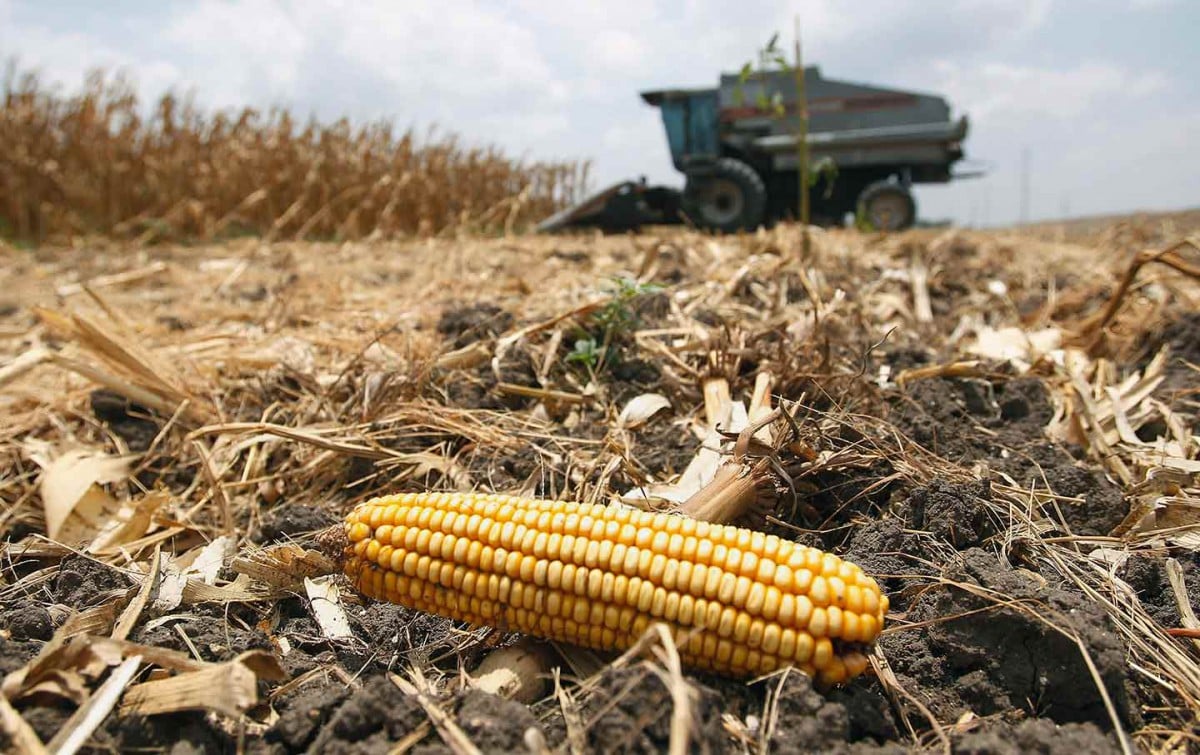
If You’re a Cattle Scientist, Then Every Diet Will Look like a Feedlot Diet
GFI’s Executive Director Bruce Friedrich said that having two animal scientists analyze a world without animal agriculture was like asking the NRA to analyze a world without gun manufacturers.
Yes, seriously. White and Hall assumed that if everyone stopped eating meat, eggs, and dairy, farmers would simply continue to grow exactly the same amount of feed crops — mostly inexpensive livestock-optimized #2 yellow dent feed corn — and just feed it all straight to people. The assumption is so absurd that PNAS published several other critiques alongside that of Dr. Emery’s. One, co-authored by famed Harvard nutritionist Dr. Walter Willett, referred to White and Hall’s fantasy as a “feedlot diet for Americans.”
In addition to noting that people following plant-based diets aren’t sidling up to a trough of feed corn, Emery and Almy note:
- A food system without animals would improve total food production, diversity, and nutrition, including more fruits and vegetables.
- Without having to cycle feed crops through animals, farmers could grow enough food for Americans as well as food for export and biofuel crops, while still having extra land that can be returned to natural habitat for endangered species and other wildlife.
- Replacing farming practices that maximize corn yields (e.g, monocropping and heavy fertilizer use) would improve biodiversity and the health of our waterways and the Gulf of Mexico.
- An entirely plant-based food system would reduce greenhouse gas emissions, increase carbon sequestration, and improve energy security.
- Plant-based diets would also decrease the risk of ischemic heart disease, type 2 diabetes, hypertension, certain types of cancer, and obesity (as pointed out in a previous PNAS report).

